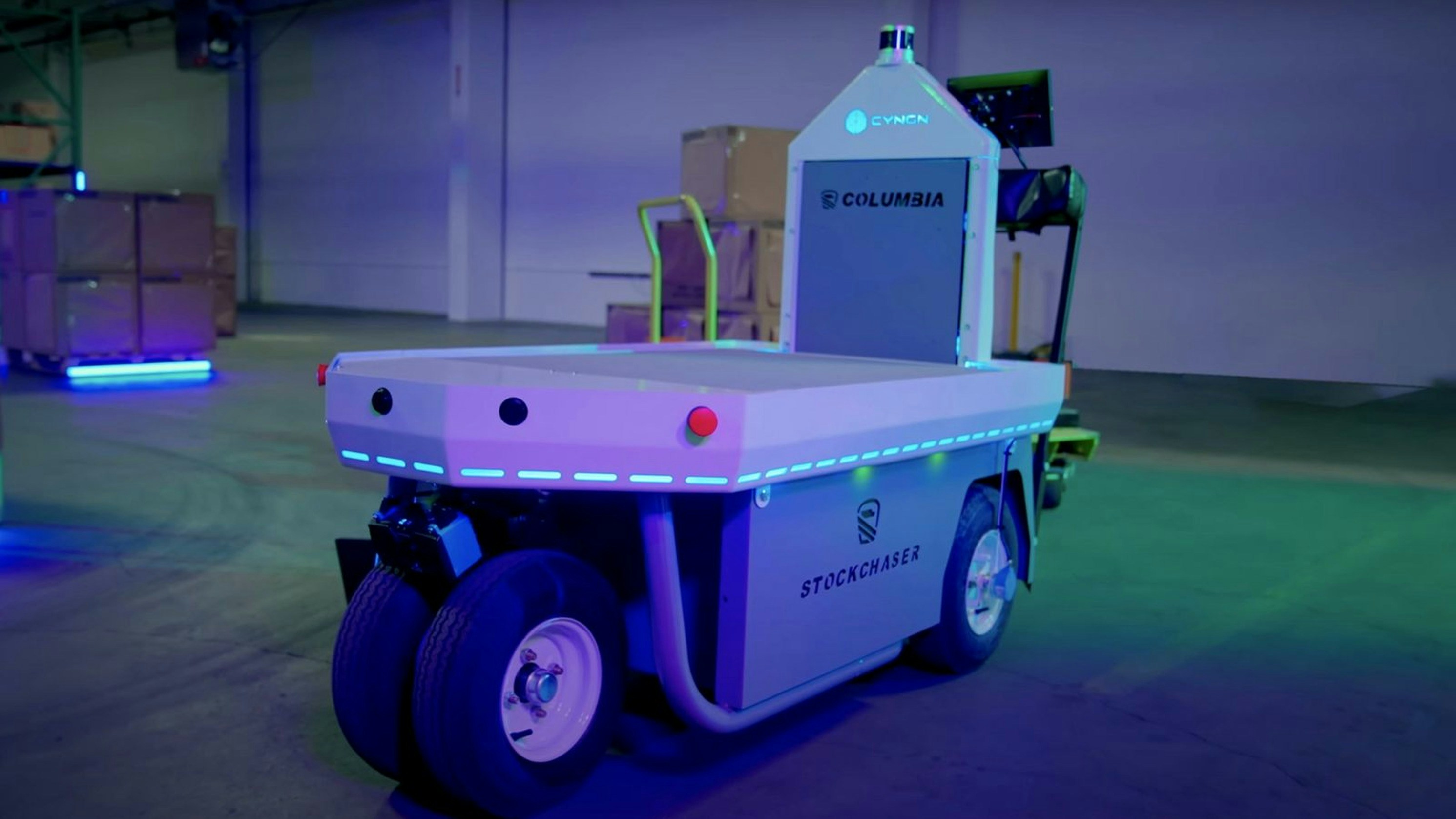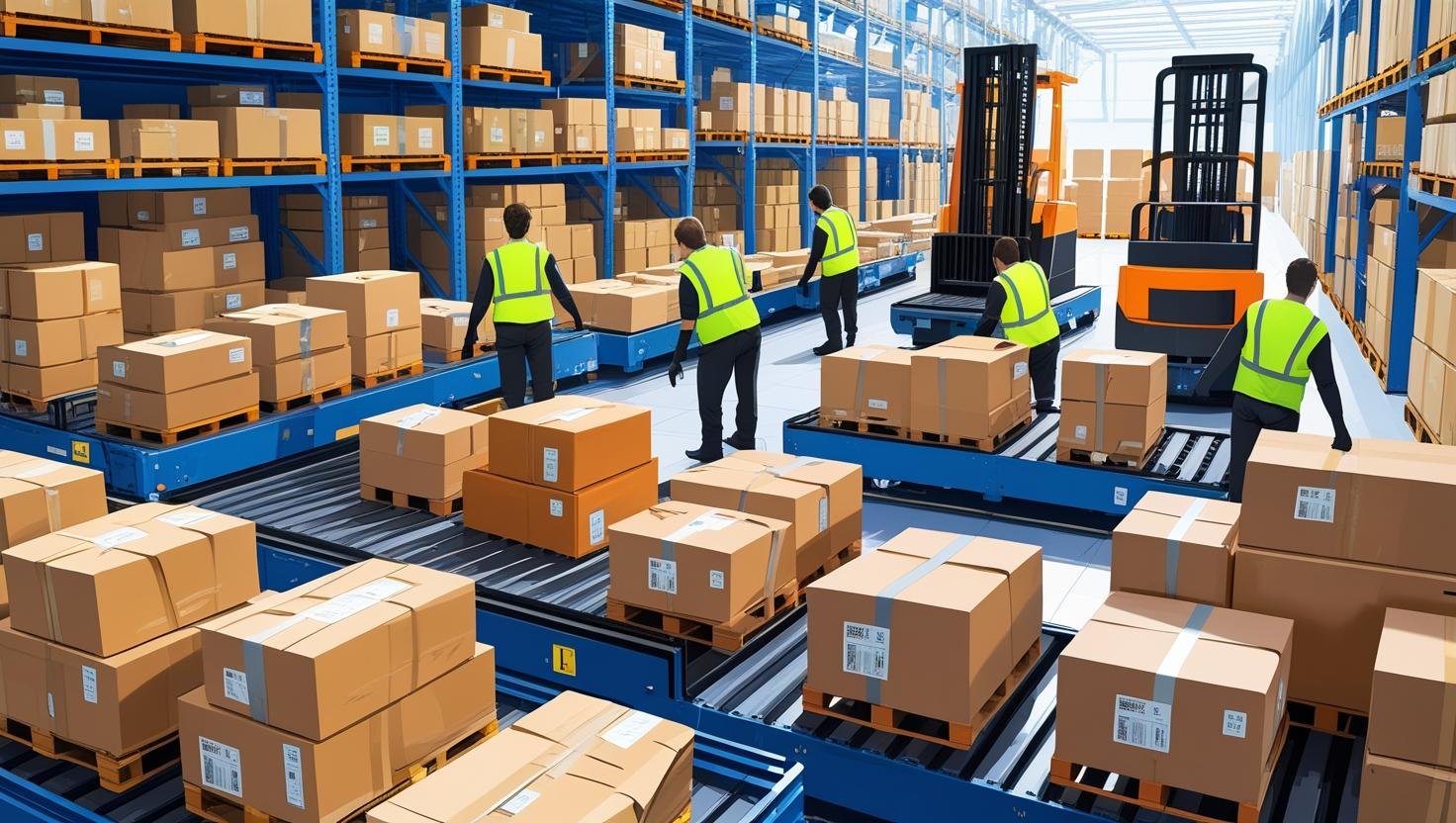Introduction
Picture this: a world where highways are filled with self-driving semi trucks, seamlessly navigating the roads without a human driver in sight. It may sound like something out of a sci-fi movie, but with the rapid advancements in technology, this future may not be too far away. The question on everyone’s mind is, will self-driving semi trucks take over truck drivers’ jobs? Let’s dive into this intriguing topic and explore the possibilities.
The Rise of Automation
It’s no secret that automation has been making its way into various industries, and the transportation sector is no exception. Self-driving technology has been gaining momentum, promising increased efficiency and reduced costs. With the potential for enhanced safety and improved fuel efficiency, it’s no wonder that self-driving semi trucks are becoming an attractive option for many companies.
However, before we jump to any conclusions, it’s essential to consider the complexities of the trucking industry and the role of truck drivers.
The Human Touch
Truck drivers are more than just steering wheel holders; they bring a human touch to the job that cannot be easily replicated by machines. They possess a wealth of experience and expertise that goes beyond simply getting from point A to point B. From navigating through challenging weather conditions to making split-second decisions on the road, truck drivers play a crucial role in ensuring the safe and efficient transportation of goods.
Moreover, truck drivers often serve as the face of the company they represent, forging relationships with clients and providing exceptional customer service. Can a self-driving truck offer that same level of personalized care and attention? It’s doubtful.
The Coexistence of Man and Machine
Instead of viewing self-driving semi trucks as a threat, we should consider the potential for a harmonious coexistence between man and machine. While self-driving technology can handle long stretches of highway driving, there will always be a need for human intervention in more complex situations.
Truck drivers can focus on tasks that require human skills, such as loading and unloading cargo, performing inspections, and managing unforeseen circumstances on the road. By allowing self-driving trucks to handle the monotonous and repetitive aspects of driving, truck drivers can focus on higher-value activities that require critical thinking and problem-solving abilities.
The Road Ahead
It’s important to acknowledge that the adoption of self-driving semi trucks will not happen overnight. There are still significant technical, legal, and regulatory hurdles to overcome. Additionally, public perception and acceptance of autonomous vehicles will play a significant role in shaping the future of the trucking industry.
While it’s true that some truck driving jobs may be affected by automation, it’s crucial to remember that technology has always created new opportunities and transformed industries. The rise of self-driving trucks may lead to the emergence of new roles and job categories that we can’t even imagine yet.
Conclusion
So, will self-driving semi trucks take over truck drivers’ jobs? The answer is not a simple yes or no. While self-driving technology may bring changes to the industry, it’s unlikely to completely replace the human element. The future of trucking lies in the coexistence of man and machine, where each brings its unique strengths to the table.
As we move forward, it’s crucial to embrace innovation, adapt to change, and find ways to integrate technology while preserving the invaluable skills and experience of truck drivers. After all, it’s not about who’s in control; it’s about finding the right balance between efficiency, safety, and the human touch.



